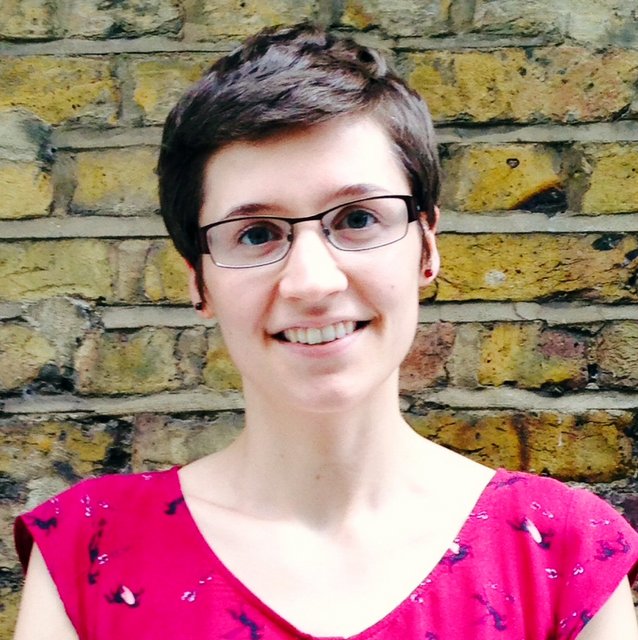Everyone in the LoLo community would like to congratulate Faye Wade on passing her viva with minor corrections in November 2015.
Faye’s thesis title was “An ethnography of installation: exploring the role of heating engineers in shaping the energy consumed through domestic central heating systems”.
A year on and now settled in a new role at the University of Edinburgh Faye tells us about her work and time with the LoLo CDT:
What was it about?
My ethnographic PhD investigation explored how, through their work, heating engineers can shape the central heating technologies installed in homes and how they come to be used. This was a thoroughly sociotechnical endeavour, acknowledging that the energy consumed through space heating is not only a product of the building and the central heating system but importantly, it is an outcome of those who install these systems and how they interact with building occupants. In analysing the data I applied ideas from sociology, namely: communities of practice and social capital, and from science and technology studies, in particular considering: actor-network theory and practice theory. Through this, I found that heating engineers have particular practices that can be influential in shaping energy, they interact with others in the heating industry which can shape the products installed in homes, and they have ideas and interactions with building occupants that might influence the way that central heating systems are used. I’ve written about the findings of my PhD here, here, and here.
What were the highlights of LoLo?
The key highlight of my PhD experience has been learning a completely new set of skills and way of thinking about the world. My undergraduate degree was in chemistry, where I also completed a year in industry with AstraZeneca. This is very different to applying ethnography, along with ideas from sociology and science and technology studies. My time with LoLo combined with my previous academic training, has resulted in a really diverse skill set and I don’t know of many other places where I would be able to do that. In particular, I now have an ability to understand both social and technical aspects of a problem – which is really valuable when thinking about the challenges of changing consumption patterns and reducing carbon dioxide emissions. Because it required learning to think and work in a completely different way, using very different techniques to those I was familiar with at the start of my PhD, which is incredibly rewarding, but also really quite a difficult process!
What are you doing now?
I’m a Career Development Fellow (Energy and Society), in the department of Science, Technology & Innovation Studies at the University of Edinburgh. This is a teaching and research post where my tasks include teaching an undergraduate course on Energy Policy & Sustainability, an interdisciplinary module that is open to students from across the University, and continuing to build on the research work that I started during my PhD. This includes applying a range of ideas from science and technology studies along with qualitative methods, to understand the variety of actors involved in shaping the built environment. I am also part of the Energy & Society Research Group here at Edinburgh, which brings together energy research in sociology, science, technology and innovation studies (STIS), sociology, and political science from across the University.

